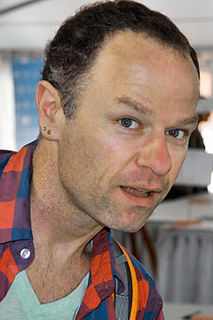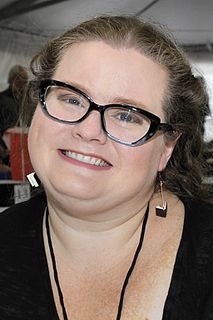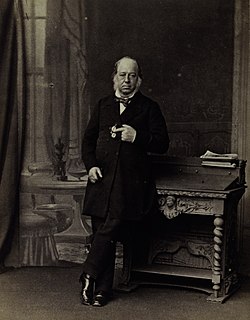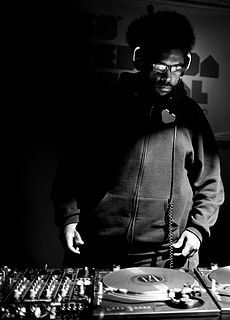A Quote by Stephen Elliott
In every book I ever wrote the point was to do as much as you could after coming to terms with your limitations.
Related Quotes
I wrote a book. It sucked. I wrote nine more books. They sucked, too. Meanwhile, I read every single thing I could find on publishing and writing, went to conferences, joined professional organizations, hooked up with fellow writers in critique groups, and didn't give up. Then I wrote one more book.
In writing you work toward a result you won't see for years, and can't be sure you'll ever see. It takes stamina and self-mastery and faith. It demands those things of you, then gives them back with a little extra, a surprise to keep you coming. It toughens you and clears your head. I could feel it happening. I was saving my life with every word I wrote, and I knew it.
I doubt if I shall ever have time to read the book again -- there are too many new ones coming out all the time which I want to read. Yet an old book has something for me which no new book can ever have -- for at every reading the memories and atmosphere of other readings come back and I am reading old years as well as an old book.
The book is almost always better than the movie. You could have no better case in point than FROM HELL, Alan Moore's best graphic novel to date, brilliantly illustrated by Eddie Campbell. It's hard to describe just how much better the book is. It's like, "If the movie was an episode of Battlestar Galactica with a guest appearance by the Smurfs and everyone spoke Dutch, the graphic novel is Citizen Kane with added sex scenes and music by your favourite ten bands and everyone in the world you ever hated dies at the end." That's how much better it is.
The single greatest line I ever wrote as an analyst was after Lomas said they were hedged: 'The Lomas Financial Corporation is a perfectly hedged financial institution: it loses money in every conceivable interest rate environment.' I enjoyed writing that sentence more than any sentence I ever wrote.
Your automatic creative mechanism is teleological. That is, it operates in terms of goals and end results. Once you give it a definite goal to achieve, you can depend upon its automatic guidance system to take you to that goal much better than "you" ever could by conscious thought. "You" supply the goal by thinking in terms of end results. Your automatic mechanism then supplies the means whereby.



































